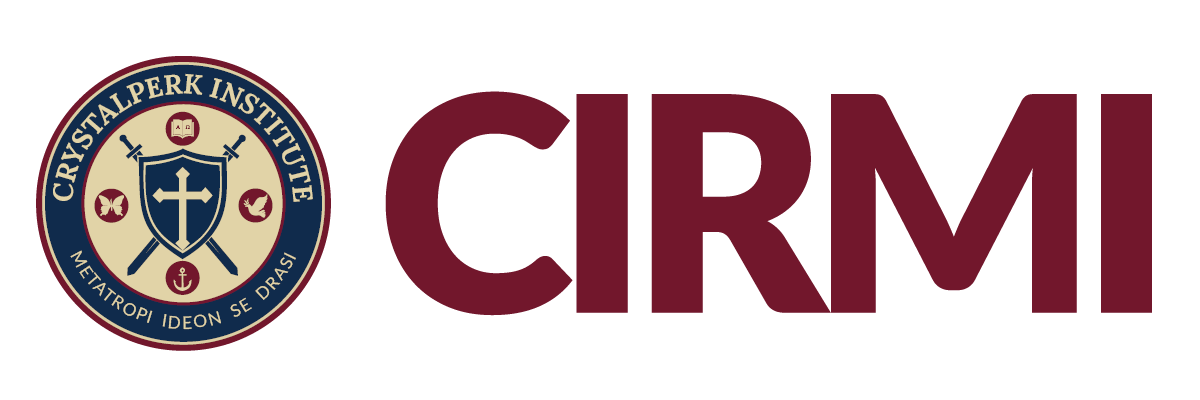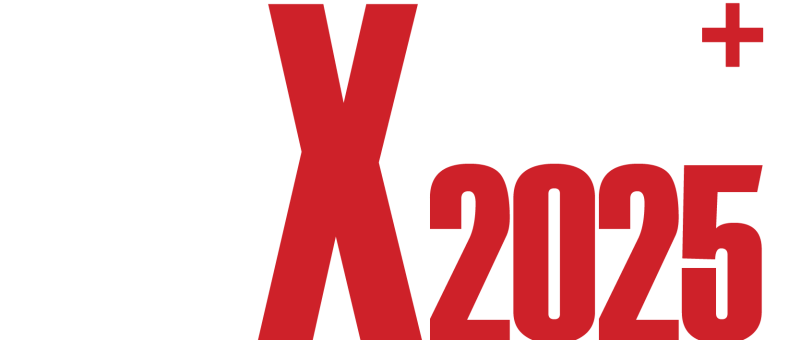CIRMI Research Reports
How the Trump Govt policies
will improve Kenyan businesses
The true lessons Kenyan businesses
should learn from Trump's victory
CIRMI School for Entrepreneurs
Enrol today to our
entrepreneur classes
Courses for Individuals, Corporate
and Government
CIRMI Business Review
How African businesses
can succeed when we
eliminate silo mentality
7 Symptoms of Silo Sickness
that CIOs Must Cure
CIRMI Entrepreneur Research
Reintroducing Africa
to Entrepreneurs
We are key players on Entrepreneurship research using the Decalogue Methodology for fast, dynamic and ever-changing landscape.
Our capabilities
At CIRMI, we offer ethically informed, expert and complementary services across a range of thematic and geographies. This two-dimensional approach enables us to tailor our offer to best meet our client needs and uphold our own high standards of delivery.
At CIRMI we work in the service of our clients. Our services are underpinned by the principles on which the center was founded: to help and inform through expert understanding of local context, ethical procurement and contracting, and a commitment to high quality work. Through our service delivery we fulfil our mission to help clients and communities build trust and understanding as the basis for transformative change.
Our Services
We offer ethically informed, expert and six complementary services, working across all stages of the policy, programme and project cycle.
Our Thematics
We bring subject expertise across seven key thematics, through which we build knowledge and help transform complex contexts
Our capabilities
We aim to bridge the gap between international actors and local communities in Africa. Our desire is to change the nature of the relationship to one based on dialogue and engagement; to improve interventions, programming and policy by grounding them in research, analysis and evidence.
We aim to help transform urban and rural areas, disaster or poverty stricken areas and build stability, accountability and prosperity.
❑ Advisory
❑ Stakeholder Engagement
❑ Project Management & Implementation
❑ Communications & behavioral change
❑ Technical Assistance
❑ Research & Analysis
Our thematic focus areas
We deliver our services across a range of thematic key to transforming complex, fragile and conflict-affected contexts through the generation of stability, accountability and prosperity.
Ethically Delivered, Expert Services
1. Health
Promoting healthy lives and well-being for all is essential to sustainable development as enshrined in Goal 3 of the Sustainable Development Goals (SDGs).
Millions of people suffer ill health and die each year due to preventable and treatable health conditions. This burden increases considerably in conflict and fragile contexts. The provision of life-saving, emergency healthcare and routine health services is fundamental to ensuring survival and providing human security for conflict and disaster struck populations. Rebuilding disrupted health systems is critical for wider state building and economic growth.
CIRMC offers specialised expertise in Health for fragile contexts. We focus on two main areas:
- Our research, evidence and analysis guides clients in effective implementation of health programmes in fragile contexts. Our offer includes political economy analysis, conflict analyses, institutional capacity assessments of health sector stakeholders, assessments of the functions of decentralised systems and specific health reviews. We conduct surveys of health providers, of patient satisfaction, and needs assessments of critical gaps in health coverage. We deliver independent global evidence reviews in areas such as global health threats and maternal health.
- Our monitoring, evaluation and learning services produce the tools to measure the effectiveness, impact and sustainability of programmes and support the learning required to adapt programming and inform policy-making. This includes third-party monitoring through independent results verification and technical analysis support. We apply a mixed methods approach and case studies to carry out short and longer-term rigorous evaluations of programmes delivering health services or strengthening health systems.
- Our communications and advocacy services offers multimedia support, design publications and organise conferences. This ensures that the communities have access to information in time. We apply a mixed multimedia and multiplatform approach to deliver this information.
CIRMC works with a strong network of skilled health evaluation and research experts, ready to deploy world class expertise at short notice. We are also able to offer specialised advisory support on health emergencies, global health security, health resilience and health systems strengthening, plus support to critical health gaps in complex contexts.
2. Education
Negative attitudes and violent behaviours that discriminate and target women, girls, and minorities continue to be prevalent and wide-spread in many contexts globally. This hostility is a major inhibitor of social, economic and political development and drives marginalisation, suffering and conflict.
Challenge:
Violence against women, girls and minorities is a critical challenge. It represents a serious obstacle to delivering a fundamental human right and a persistent driver of exclusion, poverty and disempowerment. One in three women experience some form of physical or sexual violence in their lifetime. The abuse causes acute psychological, health, social and economic suffering and often has long-term negative consequences within families, communities and wider-society.
What We Do:
Understanding the links between gender equality and social inclusion and peace, stability, accountability and prosperity is fundamental to Integrity’s work.
We integrate a strong gender equality and social inclusion perspective into all our research and programming, making it our business to include hard to reach populations.
We work to understand the particular challenges faced by women, girls and minorities, address the underlying causes, and support their full and leading participation in peace-processes, public services, debate and policy-making, justice and security, cultural expression, donor programming and economic growth.
3. Economic Growth
Thematic:
Sustainable and inclusive economic growth creates opportunities for all segments of society, encourages broad-based participation in defining growth, and distributes the benefits of increased prosperity fairly. This results in positive social outcomes such as good health, jobs and skills, a clean environment and community support.
Challenge:
In order for the widest number of people to benefit from growth, especially marginalised and vulnerable groups, the gains and opportunities must be shared equitably. In post-conflict contexts generating employment is fundamental to strengthening societal bonds and reducing the likelihood of a reversion to violence. Job creation and secure livelihoods are key to generating stability at a community level and effective peace and state-building nationally.
Creating good-quality job opportunities is a key element. Jobs are transformational: they provide household income, raise economic productivity, support investment in children’s health and education, change social and power relationships in society and provide a sense of dignity and well-being. However, creating jobs alone will not deliver inclusivity unless this goes hand-in-hand with building people’s access to these opportunities through increased participation in the growth process and improved education and training.
Ensuring that job creation represents progress to greater economic wellbeing also requires proactive influencing and shaping of the nature of employment opportunities. This includes boosting employers’ demand for skills, shaping the occupational and sectoral make-up of the economy, ultimately pushing up levels of pay and improving terms and conditions of employment. The achievement of inclusive growth for maximum poverty impact must be environmentally, socially, and economically sustainable.
What We Do:
Delivering on inclusive economic growth requires a deep understanding of existing political and economic systems at national, regional and local levels. Integrity provides bespoke research and political economy analysis to deliver the evidence our partners need to understand overarching policy and institutional contexts and inform effective programme decision making.
Our stakeholder engagement teams work with local government, business and community stakeholders to develop and facilitate mutually beneficial and lasting partnerships. We bring private, public and community organisations together to improve market coordination in strategic growth sectors – such as infrastructure investment – to deliver on inclusive growth outcomes.
Our monitoring, verification and evaluation teams capture and comprehend the nuanced, qualitative and long-term causal changes targeted by inclusive growth, market development and livelihoods programming. Through our learning services we drive economic growth programming improvements and develop government capacity to develop an inclusive and socially positive private sector.
Our Expertise
Impact Investing
We bridge the gap between international actors and local communities in Africa. Our desire is to change the nature of the relationship to one based on dialogue and engagement; to improve interventions, programming and policy by grounding them in research, analysis and evidence.
Foreign Direct Investing Advisory
We specialize in helping investment promotion and economic development agencies, other government organizations and industrial parks to attract and retain FDI. We provide practical knowledge, advice and support across all areas of foreign investment attraction.
Start making better investments today
Call us so you have the data and insights you need to make better decisions

